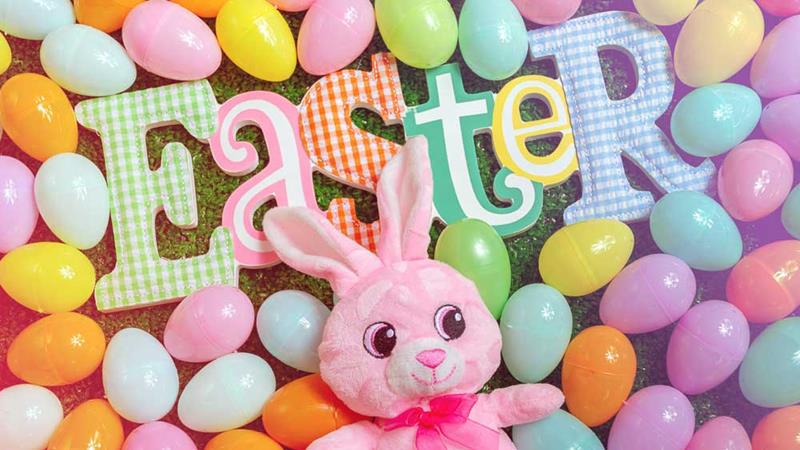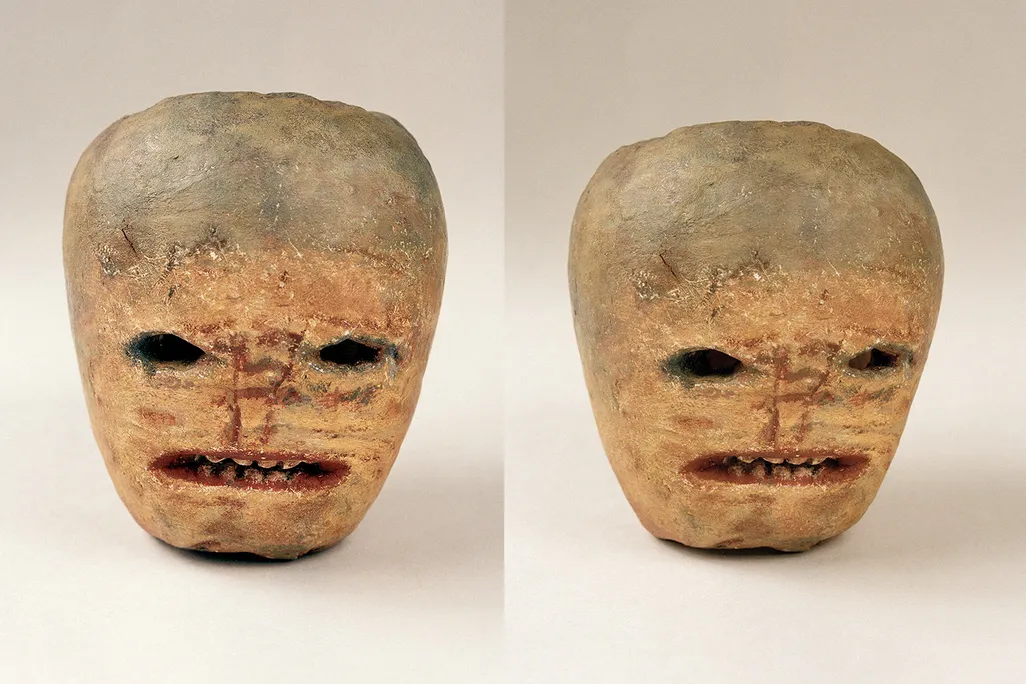Easter is one of the most significant holidays in Christianity, celebrated as the day Jesus Christ rose from the dead. For many, it’s a time of faith, reflection and joy, marked by church services, Easter eggs and family gatherings. But while Easter is deeply rooted in Christianity, different religions and cultures have their own perspectives on it—some recognizing its significance, while others celebrate different festivals with similar themes of renewal, rebirth and hope.
Christianity: The Heart of Easter
For Christians, Easter represents victory over death and the promise of eternal life through Jesus Christ. The holiday follows Holy Week, which includes Palm Sunday, Good Friday (marking Jesus’ crucifixion) and Easter Sunday (celebrating His resurrection).
While all Christians recognize Easter’s importance, the way it is observed varies:
- Catholics and Protestants celebrate Easter on the same date, attending church services, reflecting on Jesus’ sacrifice and gathering with loved ones. Many also observe Lent, a 40-day period of fasting and spiritual preparation leading up to Easter.
- Eastern Orthodox Christians follow the Julian calendar, meaning their Easter (Pascha) often falls on a later date. Orthodox traditions include midnight processions, candlelit services and large feasts, with greetings of “Christ is Risen!”
Despite these differences, Easter remains the most important celebration in Christianity, symbolizing hope, redemption and renewal.
Judaism: Passover and the Connection to Easter
While Judaism does not celebrate Easter, the holiday often falls close to Passover (Pesach), which commemorates the Israelites’ escape from slavery in Egypt. Some scholars see a connection between the two holidays, as the Last Supper was likely a Passover meal.
Though Jewish people do not observe Easter, they recognize its significance for Christians and in some interfaith families, both holidays may be celebrated.
Islam: Jesus as a Prophet, But No Easter
In Islam, Jesus (Prophet Isa) is highly respected, but Islamic teachings differ from Christianity. According to the Quran, Jesus was not crucified but was instead taken up to heaven by God, meaning his resurrection is not recognized in Islam.
As a result, Easter is not observed, but in some Muslim-majority countries, it is acknowledged as a public holiday for Christian minorities. Additionally, Ramadan, a sacred month of fasting and renewal, sometimes falls around Easter, reflecting similar themes of faith and reflection.
Hinduism & Buddhism: Different Celebrations, Similar Themes
Though Hinduism and Buddhism do not celebrate Easter, they have festivals with parallel themes of renewal and transformation:
- Holi (Hindu festival) – Known as the “Festival of Colors,” Holi marks the victory of good over evil and the arrival of spring.
- Vesak (Buddhist holiday) – This major Buddhist festival celebrates the birth, enlightenment and passing of Buddha, focusing on spiritual awakening.
Both festivals, like Easter, symbolize hope, renewal and the triumph of light over darkness.
Beyond Religion: Easter as a Cultural Holiday
In many places, Easter has become a secular tradition, with celebrations like egg hunts, spring festivals and family meals. The arrival of spring has been a time of renewal in many cultures for centuries—long before Easter became a Christian holiday.
A Universal Message of Renewal
While Easter is a Christian holiday, its themes of renewal, hope and transformation can be found in many religious and cultural traditions. Whether it’s Passover’s freedom, Ramadan’s reflection, Holi’s joy or Vesak’s enlightenment, different faiths celebrate the season in their own ways. Understanding these perspectives fosters interfaith appreciation and reminds us that, no matter the tradition, this season is about growth, reflection and new beginnings.










